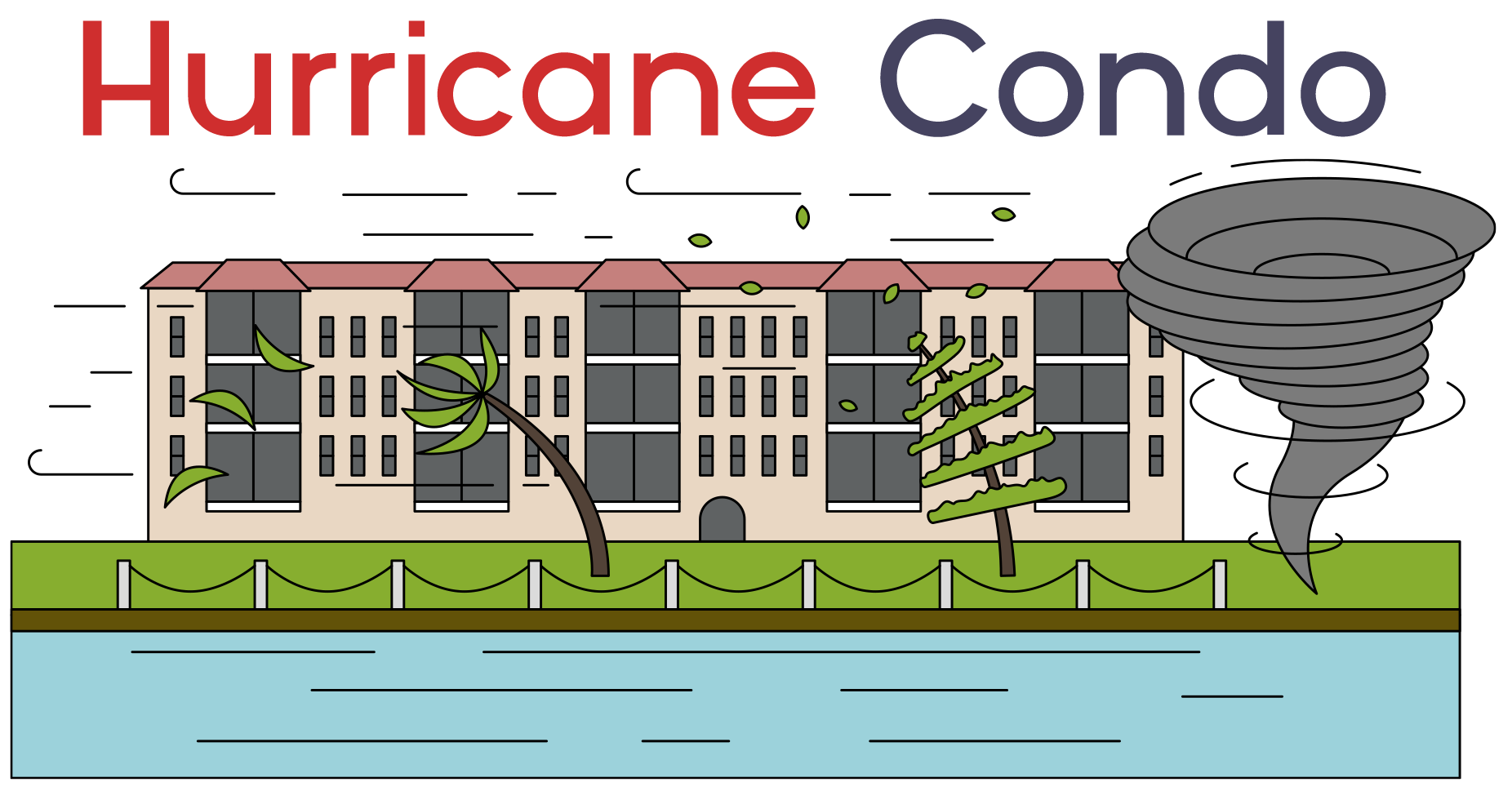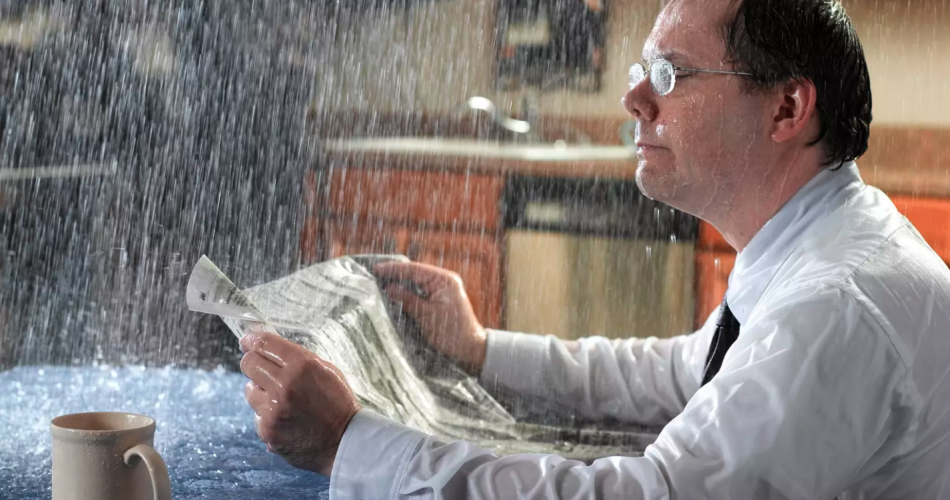After Hurricane Ian hit us, we’ve been without roofs for over five months. For some residents, when it rains, it pours — all over the inside of their homes.
Last night, our monthly newsletter came out with an update from our Board President. When asked, “why haven’t we started on replacing the roofs?
The short answer is the Association’s insurance company has not approved our claim for replacing any of our roofs – and therefore has not committed any money for roofs. We have not received any funds from our insurance company beyond the initial advance of $2 million
President, March 2023 Newsletter
Let’s not forget the ~$4 million we owners kicked in as a special assessment. Or the roof reserves that we had well before Hurricane Ian.
So when will the insurance pay? The only clues we have been given were from last month’s meeting with the Public adjuster.
It’s gonna take like six months to get a payment and then you have these large losses and things don’t get done
Public Adjuster, Town Hall Meeting | February 2nd
If her estimate is correct, that means we won’t receive payment until July or August 2023.
In Southwest Florida, late May through June is the period when severe storms are most likely. Hail, damaging winds, and waterspouts are common, in addition to heavy rainfall and frequent lightning. July through early September is when the rainy season peaks.
If we’re getting water inside our homes now, during a mild and dry winter, how bad will it be from May through September?
We have to consider an answer to this question because our Association’s insurance policy states that we must do everything possible to “protect our property.” Is waiting six months for money, when you already have $6-7 million, really all we can do?
Our Board often uses other insurance analogies (auto, medical, etc.) to justify everything to residents. Here’s one for you: If you are bleeding out, do you go to the hospital? Or do you wait until the insurance tells you how much they will cover first?
We are bleeding out right now. We have residents who:
- Are displaced; unable to the return to the only home they have
- Have experienced tens of thousands in loss
- Continue to experience more loss every time it rains
- Have gone into debt paying special assessments
- Can’t come up with $10,000-$16,0000 for a special assessment and will soon have a lien on their property.
But the Board doesn’t want to listen to any of that. Instead, our Board President suggests that we ignore it all…
Understand that things are good here if you turn off the negative vibes and avoid the people who are always complaining.
President, March 2023 Newsletter
We have tried to communicate our concerns to the Board clearly, outlining the specific issues and requesting more transparency and accountability in the handling of resources.
When you ignore a problem, you’re not taking any action to address it, which means the problem can continue to grow and have more negative effects.
It’s important that they listen to and address the concerns and complaints of residents rather than simply dismissing them as “negative vibes.”



We need our roof we need to insist they spend our money on a roof now
I couldn’t agree more, Gail! Instead, we’re paying for “stabilization” (again)!